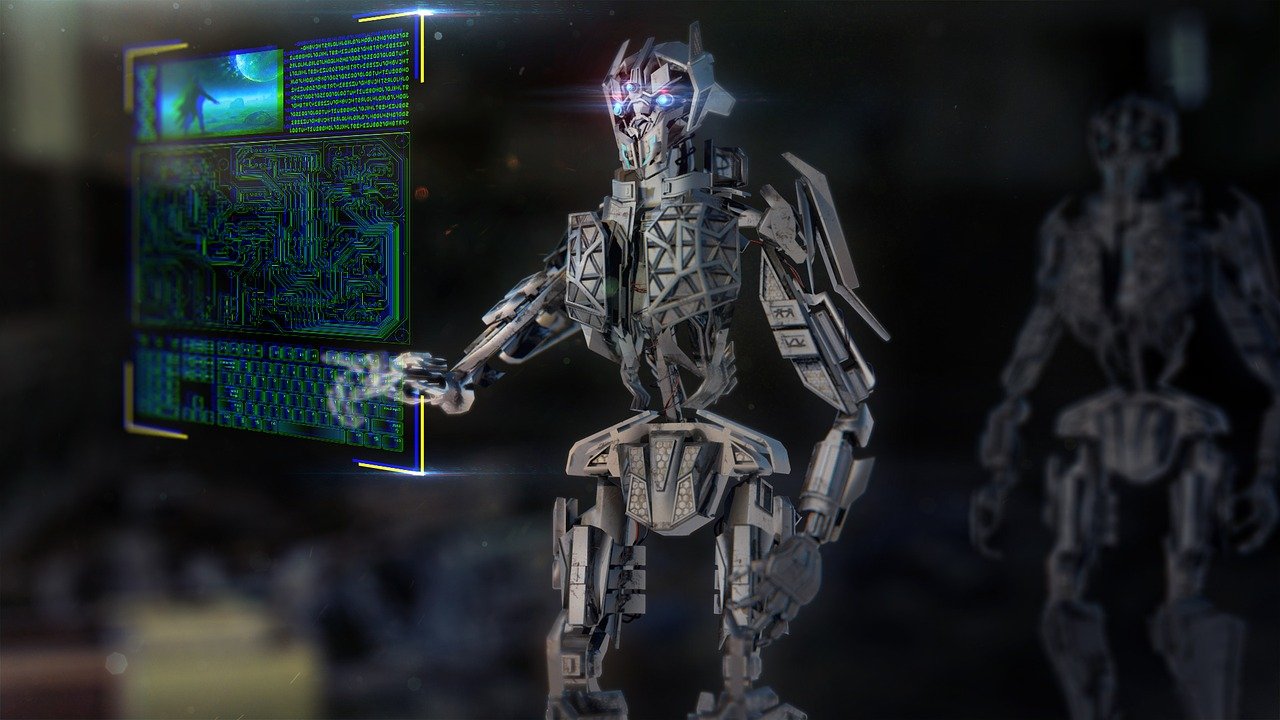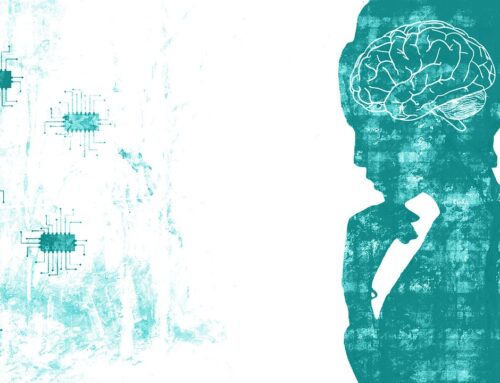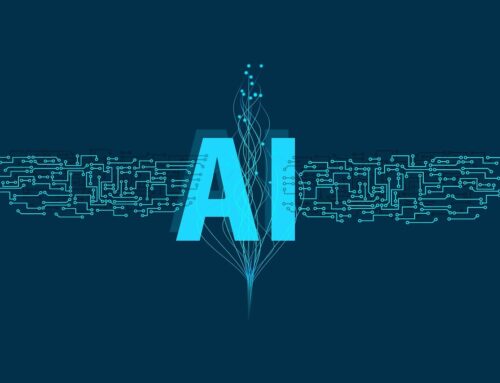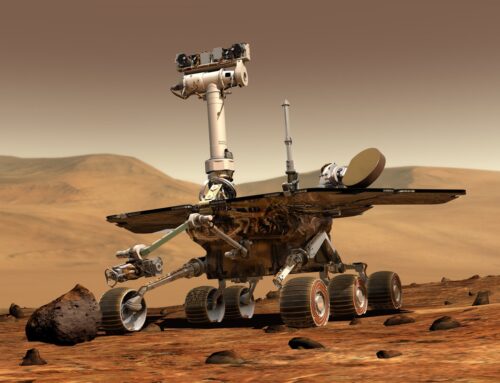The term artificial intelligence was coined in 1956, but AI has become more popular today thanks to increased data volumes, advanced algorithms, and improvements in computing power and storage.
What is Artificial intelligence (AI)?
Artificial intelligence (AI) is intelligence demonstrated by machines, as opposed to natural intelligence displayed by animals including humans. It is the simulation of human intelligence processes by machines, especially computer systems. Specific applications of AI include expert systems, natural language processing, speech recognition and machine vision.
Simply put, the intelligence demonstrated by machines is known as Artificial Intelligence. Artificial Intelligence has grown to be very popular in today’s world. It is the simulation of natural intelligence in machines that are programmed to learn and mimic the actions of humans. These machines are able to learn with experience and perform human-like tasks. AI manifests in a number of forms.
A few examples are:
• Chatbots use AI to understand customer problems faster and provide more efficient answers
• Maps and Navigation with the help of AI has drastically improved traveling.
• Recommendation engines can provide automated recommendations for TV shows based on users’ viewing habits
• Text Editors or Autocorrect use AI algorithms and machine learning, deep learning, and natural language processing to identify incorrect usage of language
• Facial Detection and Recognition uses virtual filters on our faces when taking pictures and using face ID for unlocking our phones
• Handwriting Recognition software reads the text written on paper by a pen or on screen by a stylus.
Why is Artificial Intelligence important?
Today, the amount of data that is generated, by both humans and machines, far outpaces humans’ ability to absorb, interpret, and make complex decisions based on that data. Artificial intelligence forms the basis for all computer learning and is the future of all complex decision making.
AI is important because it can give enterprises insights into their operations that they may not have been aware of previously and because, in some cases, AI can perform tasks better than humans. Particularly when it comes to repetitive, detail-oriented tasks like analyzing large numbers of legal documents to ensure relevant fields are filled in properly, AI tools often complete jobs quickly and with relatively few errors.
What are the 4 Types of Artificial Intelligence?
• Reactive Machines: These AI systems have no memory and are task specific.
• Limited Memory: These AI systems have memory, so they can use past experiences to inform future decisions.
• Theory of Mind: Theory of mind is a psychology term. When applied to AI, it means that the system would have the social intelligence to understand emotions.
• Self-Awareness: AI systems have a sense of self, which gives them consciousness. Machines with self-awareness understand their own current state. This type of AI does not yet exist.
In Conclusion
AI is much more about the process and the capability for superpowered thinking and data analysis than it is about any particular format or function. Although AI brings up images of high-functioning, human-like robots taking over the world, AI isn’t intended to replace humans. It’s intended to significantly enhance human capabilities and contributions. That makes it a very valuable business asset.
There is no opting out of AI transformation. To stay competitive, every enterprise must eventually embrace AI and build out an AI ecosystem. Companies that fail to adopt AI in some capacity over the next 10 years will be left behind.
If you need help developing the right strategy and accessing the right tools to succeed in your AI transformation journey, allow Agilis World Inc. to be your innovative partner with deep industry expertise and a comprehensive AI portfolio.







Leave A Comment